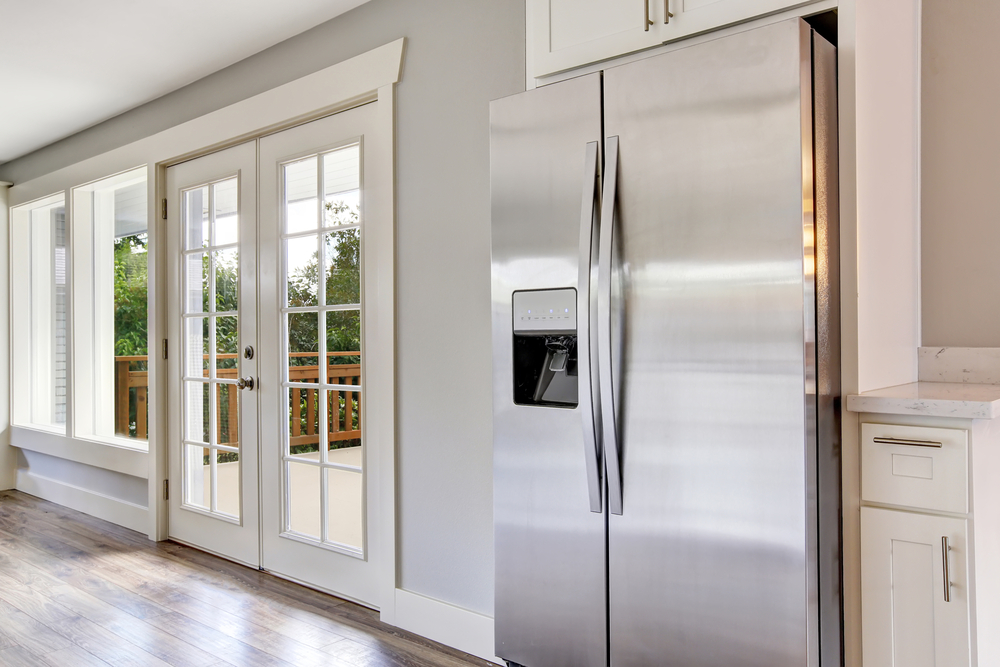
As summer rolls in with its scorching heat, it brings not only the promise of beach days and ice cream cones but also potential challenges for household appliances, particularly your refrigerator. Many may not realize it, but extreme temperatures can significantly impact the performance of your fridge, potentially leading to inefficiencies, increased energy consumption, and even mechanical failures if not properly addressed.
Understanding the Mechanisms at Play
To comprehend how hot weather affects refrigerator performance, it’s crucial to grasp the basic operating principles of these appliances. Refrigerators work by transferring heat from the interior to the exterior, maintaining a cool environment inside to preserve food. However, when the external temperature rises, the refrigerator’s compressor and other components have to work harder to achieve and sustain the desired temperature inside.
Increased Energy Consumption
One of the most immediate effects of hot weather on refrigerators is increased energy consumption. As the external temperature climbs, the compressor must run more frequently and for longer durations to counteract the heat influx. This heightened workload translates to higher energy usage, potentially leading to inflated electricity bills, especially during the peak summer months.
Compromised Cooling Efficiency
Moreover, excessive heat can compromise the cooling efficiency of your refrigerator. The appliance’s ability to maintain a consistent temperature within its compartments may diminish as it struggles to expel heat into the already warm surroundings. This can result in uneven cooling, with certain areas of the fridge experiencing higher temperatures than others, jeopardizing the freshness and safety of stored perishables.
Potential Mechanical Stress
Extended exposure to high temperatures can also subject the refrigerator’s components to undue stress, potentially shortening their lifespan. The compressor, condenser coils, and other critical parts may experience accelerated wear and tear as they work overtime to keep the appliance functioning optimally. Over time, this increased mechanical strain could lead to breakdowns or malfunctions, necessitating costly repairs or even premature replacement of the unit.
Optimizing Refrigerator Performance in Hot Weather
While hot weather poses undeniable challenges for refrigerator performance, there are several proactive measures you can take to mitigate its impact and ensure your appliance continues to operate efficiently throughout the summer months.
1. Proper Ventilation
Ensure adequate ventilation around your refrigerator to facilitate heat dissipation from its condenser coils. Avoid placing the appliance in direct sunlight or near other heat sources, as this can exacerbate its cooling workload.
2. Regular Maintenance
Schedule regular maintenance checks for your refrigerator to identify and address any potential issues before they escalate. Clean the condenser coils, inspect the door seals for leaks, and verify that the appliance is operating within the manufacturer’s recommended temperature range.
3. Temperature Regulation
Keep a close eye on the temperature settings of your refrigerator and adjust them as needed to compensate for ambient temperature fluctuations. Consider investing in a refrigerator thermometer to monitor internal temperatures accurately.
4. Minimize Heat Sources
Minimize the introduction of warm items into the refrigerator, as this can trigger the compressor to kick into overdrive to restore optimal temperatures. Allow hot foods to cool to room temperature before placing them in the fridge.
5. Consider a Backup Cooling Solution
In areas prone to prolonged heatwaves or frequent power outages, consider investing in a backup cooling solution such as a portable generator or battery-powered cooler to safeguard perishable goods during emergencies.
Summary
As temperatures soar during the summer months, it’s essential to be mindful of the potential impact on your refrigerator’s performance. By understanding the mechanisms at play and implementing proactive measures to optimize cooling efficiency, you can ensure that your appliance continues to keep your food fresh and safe while minimizing energy consumption and mechanical stress. Stay cool, stay efficient, and enjoy the summer without worrying about the integrity of your fridge.
